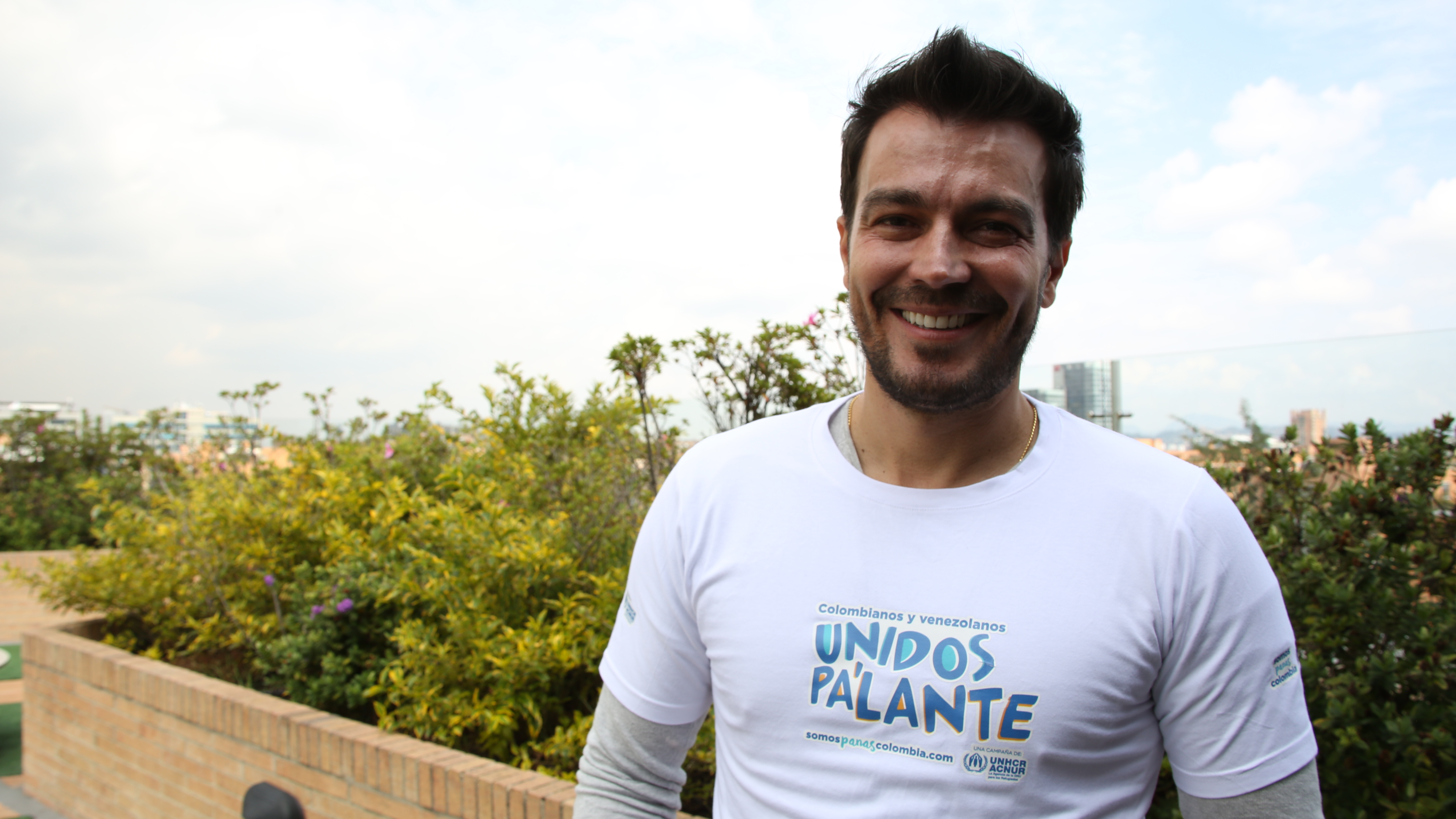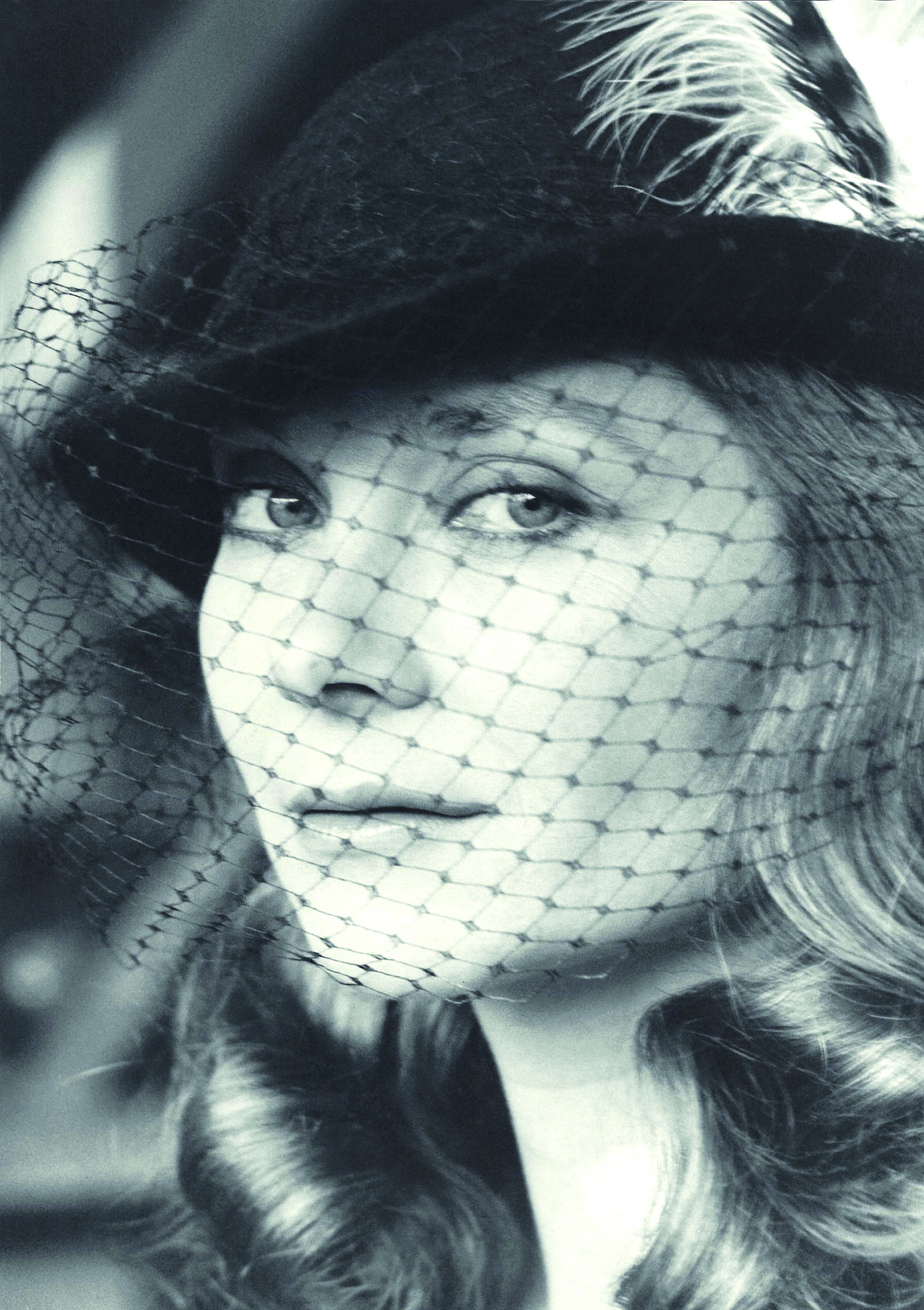Charles 'Lucky' Luciano - A Look Back
When you think about the early 1900s in America, particularly the bustling cityscapes and the shadows they cast, a few names just seem to pop up. One such figure, a person whose influence truly shaped a certain part of history, was Charles "Lucky" Luciano. He was, in a way, a central figure in American organized crime during the early 1930s, and his story, is that, pretty much, a complex one, filled with twists and turns. He wasn't just another tough guy on the block; he actually played a very significant part in how things operated behind the scenes for quite some time.
Born Salvatore Lucania on November 11, 1896, in a small place called Lercara Friddi, over in Sicily, Italy, this individual eventually made his way to Naples, where he passed away on January 26, 1962. His journey from a young boy in a small Italian village to becoming one of the most talked-about figures in American history is, you know, quite a tale. He accumulated a good deal of wealth, pretty much, through various undertakings that were, let's just say, not exactly legal, especially during the time when alcohol was forbidden.
Many folks, in some respects, consider him the person who really put together what we now think of as modern organized crime in the United States. He certainly came into a lot of power in the 1930s, particularly in New York, and he, more or less, built the very framework of a vast criminal enterprise. It's interesting to consider how a young person, a bit of a hoodlum from the Lower East Side, could rise to such a position of widespread control and lasting impact, isn't it?
Table of Contents
- Charles Luciano - A Biographical Sketch
- Personal Details and Bio Data of Lucky Luciano
- How Did Lucky Luciano Get His Nickname?
- What Was Luciano's Rise to Prominence Like?
- The Architect of Modern Crime- How Luciano Shaped an Era
- Luciano's Early Days and Unexpected Encounters
- What Was Lucky Luciano's Financial Standing?
- The Lasting Footprint of Luciano's Influence
Charles Luciano - A Biographical Sketch
Charles Luciano, originally named Salvatore Lucania, came into the world on November 11, 1896, in a place called Lercara Friddi, which is a small town in Sicily, Italy. His life story, you know, is one that seems to go from humble beginnings to a position of considerable, if not controversial, power. He moved to the United States when he was quite young, and it was there, in the sprawling, sometimes chaotic, cities, that he began to make a name for himself. He was, in a way, someone who saw opportunities where others might have seen only obstacles, and he certainly knew how to make the most of them.
His early years in America were spent, more or less, in the rough-and-tumble neighborhoods of the Lower East Side. This was a time when life for many immigrants was, perhaps, quite challenging, and young people often found themselves drawn into various groups. Luciano, it appears, was no exception. He was, you know, a tough young person who quickly learned how to handle himself in a world that wasn't always gentle. His ability to stand his ground and, in some respects, command a certain amount of respect from others, even from those who might have initially been his rivals, was something that became evident very early on in his life.
By the time the early 1930s rolled around, Luciano had, without a doubt, become a very powerful figure in American organized crime. He was, virtually, at the top of the heap, making significant decisions and, apparently, directing a vast network of activities. His influence was widespread, reaching across different parts of the country and touching various illicit enterprises. His impact during this period was, truly, quite substantial, leaving a mark on the way certain criminal organizations were structured and operated for years to come.
Personal Details and Bio Data of Lucky Luciano
Here's a quick look at some key details about Charles "Lucky" Luciano, the man who, you know, made such a big impact on a certain part of history:
| Detail | Information |
|---|---|
| Full Name | Salvatore Lucania |
| Known As | Charles "Lucky" Luciano |
| Born | November 11, 1896 |
| Birthplace | Lercara Friddi, Sicily, Italy |
| Died | January 26, 1962 |
| Place of Death | Naples, Italy |
| Primary Role | Chief of American Organized Crime |
| Period of Influence | Early 1930s |
| Nickname Origin | Stories involving escapes from murderous attacks |
| Key Contribution | Considered the architect of modern organized crime in the U.S. |
| Wealth Accumulation | Through various illegal enterprises, especially during Prohibition |
How Did Lucky Luciano Get His Nickname?
The story behind Charles Luciano getting his famous nickname, "Lucky," is, well, rather interesting, and he himself, apparently, told a few different versions of how it came about. Most of these tales, you know, had something to do with him escaping from attacks that were meant to end his life. It seems he had a knack for getting out of very tight spots, almost as if fate was, in some way, on his side. One particular event that people often point to, which really solidified the nickname, happened in 1929.
During this incident, he was, in a way, subjected to a brutal beating and left for dead. But, as the story goes, he somehow survived, which, you know, truly cemented the idea that he was "lucky." This kind of survival, against what seemed like impossible odds, really helped build his reputation. It wasn't just about being tough; it was about having that extra bit of something, that, you know, uncanny ability to come out on top when things looked bleak. This perception of him as someone who could defy danger, more or less, added to his mystique and, quite frankly, probably made others think twice before crossing him.
So, the nickname wasn't just a casual tag; it was, you know, a badge of honor, or perhaps, a sign of his perceived invincibility in the rough world he inhabited. It became a part of his identity, a short way of saying that this was a person who, despite all the risks and dangers, always seemed to land on his feet. It’s almost as if the name itself, very, carried a certain weight, a kind of legend that followed him wherever he went, reinforcing his image as someone who was, truly, a survivor.
What Was Luciano's Rise to Prominence Like?
Luciano's ascent to a position of great power in the world of organized crime was, you know, a gradual but steady process, marked by shrewd moves and, apparently, a willingness to challenge the old ways of doing things. He certainly didn't just appear at the top overnight. His journey began, really, in the gritty neighborhoods of New York, where he started out as a young person involved with a gang. He was, in a way, learning the ropes, understanding the dynamics of power, and making connections that would, pretty much, prove important later on.
One story that, you know, paints a picture of his early character involves his gang targeting a skinny Jewish kid. What's interesting is that this young person's bold defiance, his refusal to back down, actually earned Luciano's respect. This little event, perhaps, shows a glimpse of Luciano's character, that he was, in some respects, capable of recognizing strength and courage in others, even if they were on the opposing side. It suggests a certain pragmatism, a recognition of talent regardless of who it came from, which, you know, might have been a key part of his later success in bringing different groups together.
His rise truly took off in the 1930s in New York, a period when, apparently, significant changes were happening in the criminal landscape. Luciano was, more or less, at the forefront of these changes, building a structure that would, virtually, reshape organized crime in the United States. He wasn't just about brute force; he was, in a way, about strategy and organization, creating a system that was, you know, far more efficient and enduring than what had come before. This approach, very, allowed him to consolidate power and become, without a doubt, the most influential figure in his field.
The Architect of Modern Crime- How Luciano Shaped an Era
Many people, when they look back at the history of organized crime in the United States, pretty much, agree that Charles "Lucky" Luciano was the person who truly designed its modern form. He was, in a way, the individual who took a collection of separate, often warring, groups and, you know, put them together into a more cohesive and, apparently, effective system. Before him, these groups tended to be, more or less, fragmented, often fighting among themselves for control of different areas or types of illegal activities.
Luciano's approach was, you know, different. He saw the benefit in cooperation and in creating a kind of governing body that could, in some respects, mediate disputes and ensure a more orderly operation of criminal enterprises. This was, truly, a significant shift, moving away from the old, violent rivalries towards a more structured and, perhaps, business-like model. He was, you know, thinking on a larger scale, recognizing that stability and a unified front could lead to, apparently, greater profits and less internal conflict.
The structure he built, particularly in New York during the 1930s, became, virtually, the blueprint for how organized crime would operate for decades. It was, in a way, a system that emphasized diplomacy among different factions, a way to settle disagreements without resorting to constant bloodshed. This innovative thinking, very, set him apart and, truly, earned him the reputation as the "architect" of this new era. His influence, more or less, extended far beyond his immediate circle, shaping the very nature of criminal organizations across the country.
Luciano's Early Days and Unexpected Encounters
Charles Luciano's younger years, particularly his time on the Lower East Side, were, you know, formative in shaping the person he became. He was, in a way, a tough young person, part of a group of street youths who, apparently, were involved in various activities. This was a period when, perhaps, survival meant being shrewd and, in some respects,
- Who Won Tournament Of Champions Last Night
- Alicia Smith Wxyz Age
- Zoe Manville
- Milk Burger Nyc
- Longtab Brewing Company

María Alejandra Requena and Luciano D'Alessandro were married in

Luciano D'Alessandro | ACNUR

| LUCIANO D'ALESSANDRO - La Galerie Cinéma